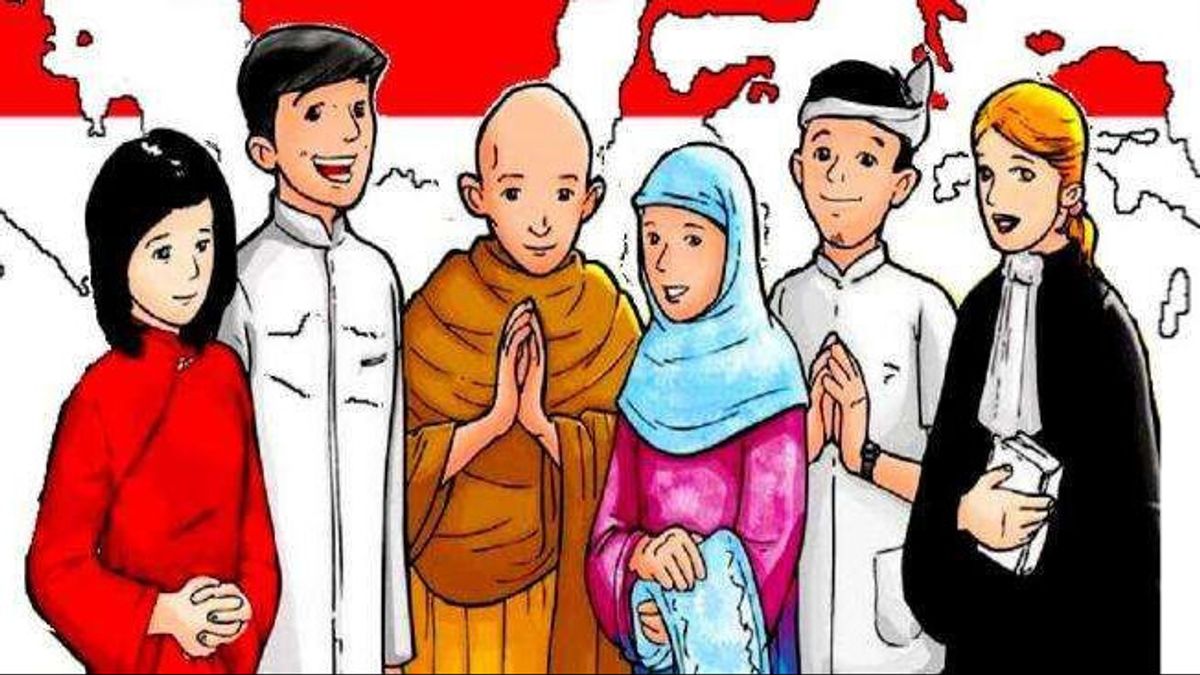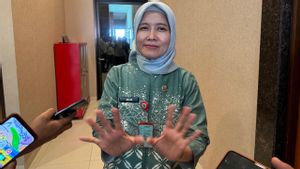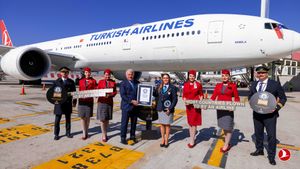JAKARTA Memories of today, 23 years ago, November 11, 2019, the Central Indonesian Ulema Council (MUI) emphasized that Muslims do not need interfaith opening greetings. This provision is because every religion has its teachings and style of belief.
Previously, interfaith opening greetings were increasingly being carried out by Muslim officials. Those who do it are not only ordinary officials, ministers and the president also do it. Their cross-religious greeting efforts are believed to be a form of respect for diversity in Indonesia.
Diversity is the key for Indonesia to become a great nation. National figures are also competing to find ways to maintain unity and integrity. First Indonesian First Lady, Fatmawati Soekarno, did not want to lose. He didn't want the division to happen.
He became a figure who often popularized interfaith greetings. He popularized the tradition of greeting three: Assalamualaikum warahmatullahi wabarokatuh, Scartom, halluya. The greeting was deliberately introduced by Fatmawati as a form of appreciation to the diversity of Indonesia.
Fatmawati's interfaith greeting tradition then developed and was adopted by other national leaders. Cross-religious greetings also began to be used in small to large-scale celebrations. At first there was no problem. Greetings are considered an important opener.
SEE ALSO:
Later interfaith greetings began to be used by government officials from the ministerial class to the president. The East Java Indonesian Ulema Council (MUI) began to consider cross-religious greetings to be out of bounds.
They rely on his views as a Muslim. The legal challenge is for Muslim officials to convey interfaith greetings. They only need to say their religious greetings, not other religions.
At its peak, the East Java MUI issued a fatwa that prohibited the public and Muslim officials from greeting across religions on November 9, 2019. The appeal was present in letter numbered 110/MUI/JTM/2019.
"Saying the opening greetings of all religions carried out by Muslims is a new act that is abid'ah, which has never existed in the past. At least it contains values (characterities) that should be avoided," said the Chairman of the East Java MUI, Abdusshomad Buchori. As quoted on the coil page, November 9, 2019.
Gayung also continued. The regional fatwa began to be recognized by the Central MUI nationally. Finally, the Central MUI agreed to the appeal for cross-religious greetings on November 11, 2019. The Central MUI assumed that the appeal of Muslims not to say interfaith greetings was in accordance with the Al Quran and hadith.
The presence of the fatwa is considered by the Central MUI to be not part of intolerance. They underlie their views because every religion has its own style and rules. This effort is to keep Muslims in line with religion.
However, the decision of the MUI was not followed by other Islamic organizations. Nahdlatul Ulama (NU) and Muhammadiyah have no problem with the presence of cross-religious greetings.
"We must not impose trust and belief in a religion as well as the way of worship and saying greetings that exist in a religion to followers of other religions," said Secretary General of the central MUI, Anwar Abbas as quoted on the tempo.co page, November 11, 2019.
The English, Chinese, Japanese, Arabic, and French versions are automatically generated by the AI. So there may still be inaccuracies in translating, please always see Indonesian as our main language. (system supported by DigitalSiber.id)














